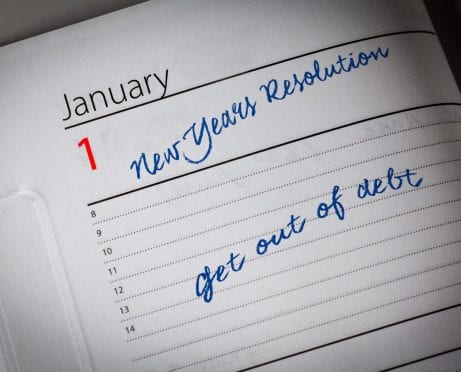
Disclaimer: Neither CentSai nor the writer promotes or encourages irresponsible gambling. At CentSai, we’re committed to talking about money — even the taboo stuff. Still, it’s up to you to exercise caution.
There is no known universe in which gambling is a wise way to spend your money. But on the first Saturday in May, when the Kentucky Derby rolls around, what’s the harm in a $2 bet?
Okay, there is potential harm: You could become addicted to gambling. But if you’re sensible and put a few rules in place for yourself, a day at the track can cost you way less than a day at almost any other sports event — and you might even go home with more money in your pocket.
Start Managing Your Finances — Download This Personal Finance App >>
How to Bet on Horse Racing
One good rule of thumb is to set a budget. “Only wager what you can afford to lose,” says Jim Chairusmi, the Wall Street Journal’s horse-racing reporter. “If you normally spend $4 daily on a latte at Starbucks before work, perhaps consider the free coffee at work and use your coffee budget on the Run for the Roses.”
Chairusmi is a frequent winner at the windows, and he does (mostly) take his own advice. But the real discipline he exerts is in spending the time to do the research. And that’s an important rule: If you’re going to spend, spend wisely.
Betting based on names or colors is cute, but don’t expect to come out a winner.
Horse racing takes some time to master, but once you learn the basics, it adds a thrill to the joy of spending a day outside looking at beautiful animals.
Responsible Gambling: What to Do When You Lack the Skill
Unlike Chairusmi, I’m a terrible handicapper. And once I came to fully admit this, I decided to severely limit my wagers and stick to “imaginary” bets. I’d figure out a hypothetical wager, write it down on the racing form, and then as the horses cross the finish line, laugh yet again at further evidence that I’m a lousy picker.
In the days when I was putting money down, I came up with one rule to limit myself: Whatever amount I bet and lost on a Saturday, I had to give the equivalent to church on Sunday. (There was no point in making a rule about what I won. Even if I did win a bet on one race, I inevitably lost others — a day at the track can include 10 to 12 races.)
Then there was the time I started sell off books for track money. I was sick of the books piling up around my apartment, so trucked stack after stack to a local book reseller. At first I was annoyed at the low prices I was getting back — $6 for six books?
This App Makes Managing Your Finances Easy – Start Budgeting Today>>
But then I started viewing that $6 as free money to spend at the track. And maybe I could (by some miracle) turn $6 into $60. It never really happened. But then again, that was $6 that I wasn’t “spending.” Right.
Final Thoughts
Here’s the best line I’ve heard about responsible gambling: If you want to double your money at the track, take a $5 bill, fold it in half and put it back in your wallet!
I you’re not going to take that advice and you want to put some money on the Run for the Roses, here’s Jim’s current 2018 Kentucky Derby pick: Justify, with My Boy Jack and Hofsberg as potential long shots of interest. My pick is Vino Rosso for various reasons. But if you’ve read this column, you know better than to listen!










